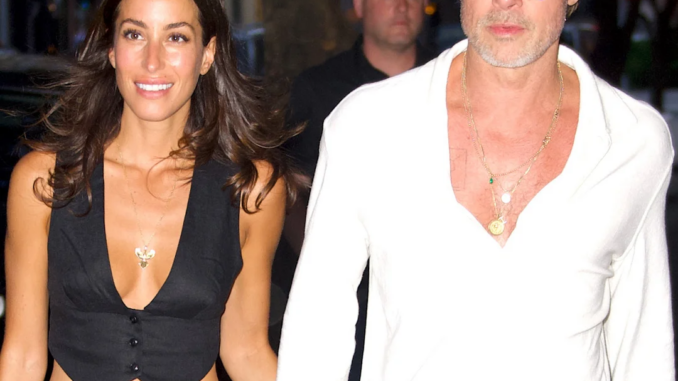
Malcolm-Jamal Warner, who famously portrayed Theo Huxtable on “The Cosby Show,” addressed the show’s removal from the airwaves and the broader implications of accountability in Hollywood.
His insights shed light on the complexities of fame, legacy, and societal values. Warner expressed his discontent with the way “The Cosby Show” has been treated, especially when compared to other figures in the entertainment industry. He pointed out that while Bill Cosby has faced severe repercussions for his actions, directors like Woody Allen and Roman Polanski, despite their controversial pasts, continue to be celebrated in various circles. This discrepancy raises critical questions about the standards applied to different individuals in Hollywood.

In his statement, Warner emphasized the importance of recognizing the impact of art and the cultural significance of “The Cosby Show.” The series was groundbreaking, offering a positive representation of a Black family in America at a time when such portrayals were scarce. Warner believes that the show’s influence shouldn’t be overshadowed by the personal failures of one individual.
He argues that it’s essential to differentiate between the art and the artist, a discussion that has become increasingly relevant in today’s society. By doing so, we can honor the meaningful contributions of the cast and crew who worked tirelessly to create a beloved series that resonated with millions.
Warner’s comments challenge us to reflect on our values and the narratives we choose to uplift. As conversations around accountability continue, his perspective invites a more nuanced dialogue about the complexities of legacy and the implications of our choices in celebrating or condemning public figures.
As we navigate these discussions, it’s vital to remember the lessons and laughter that “The Cosby Show” provided while also acknowledging the need for accountability in the entertainment industry. Warner’s insights serve as a reminder that the conversation around legacy, morality, and representation is far from over.
